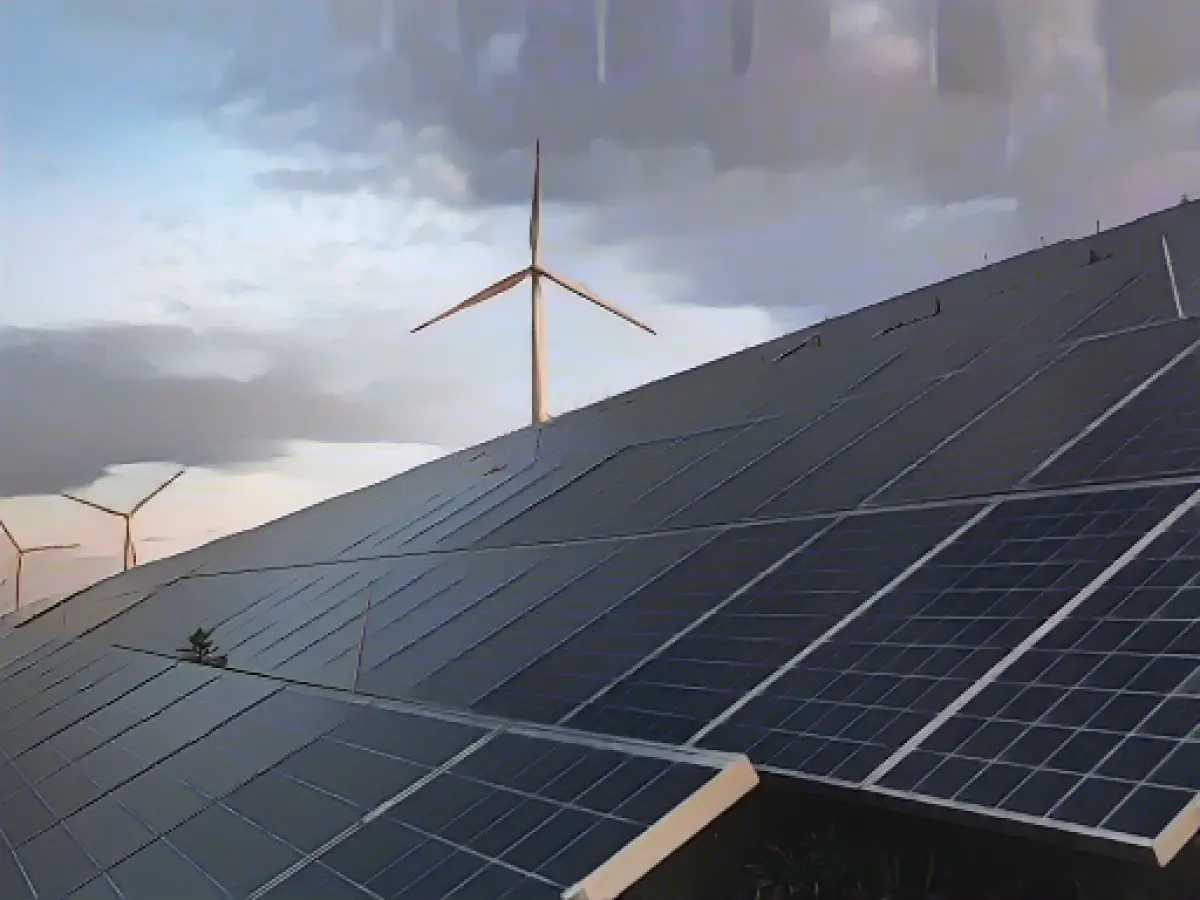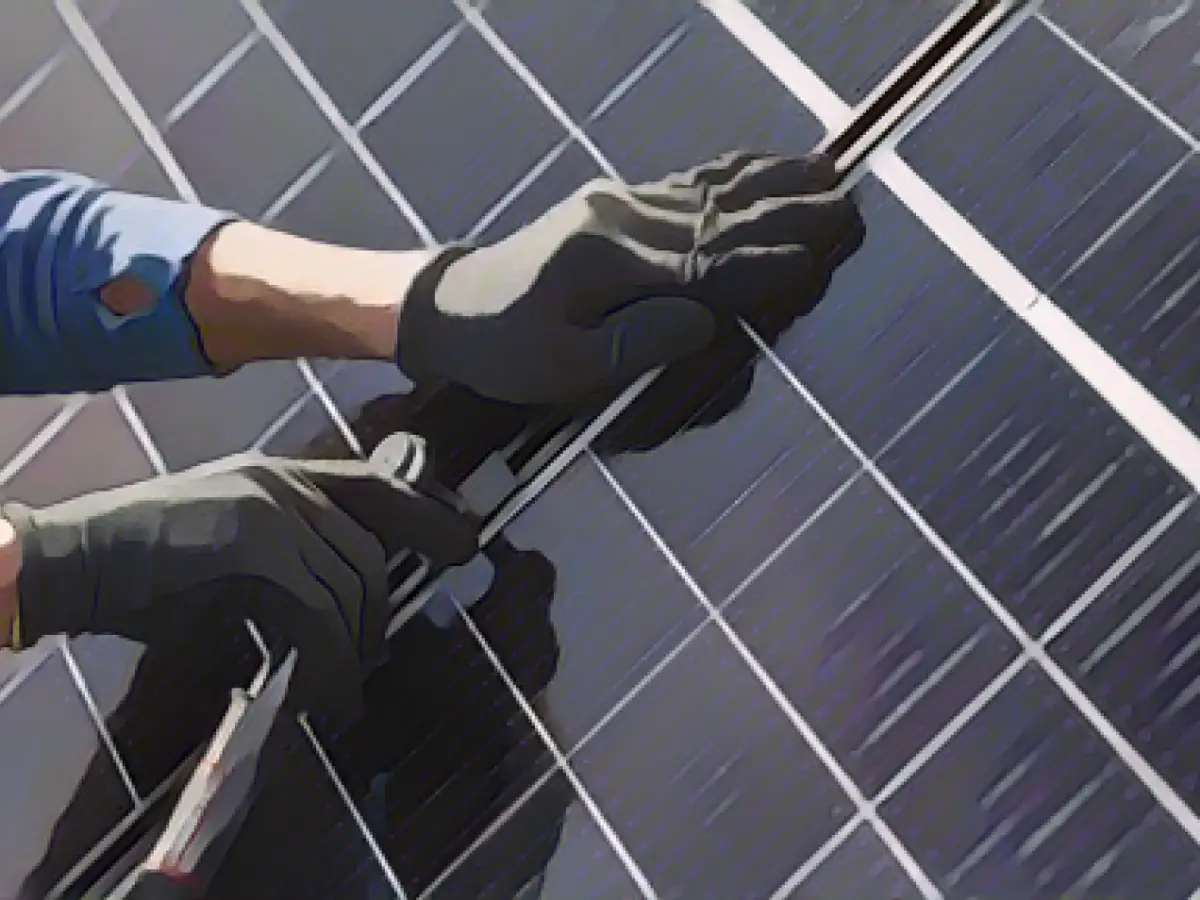Title: East Germany's Economic Woes Due to Climate Fund Budget Ruling
In a worrying turn of events, Michael Kellner, the Green Party's Parliamentary State Secretary in the Federal Ministry of Economics, has voiced concerns about the potential impact of the Federal Constitutional Court's budget ruling on East Germany. The ruling, which nullified the Second Supplementary Budget Act 2021, could result in a shortfall of 60 billion euros for the climate and transformation fund, causing substantial damage to the East German economy.
Kellner underscored that approximately 50 billion euros of the planned 80 billion euro investment in German industry would be allocated to eastern Germany. "We're now confronted with the daunting task of securing these investments, the associated jobs, and prosperity through state support," he told the Redaktionsnetzwerk Deutschland (RND). Key projects, like the establishment of chip factories in Dresden and Magdeburg, and the reconstruction of the solar industry in eastern Germany, could be jeopardized without this funding.
The Free Democrats (FDP) finance and budget expert, Frank Schäffler, has suggested waiving subsidies for the chip factories in Magdeburg and Dresden. He argues against the subsidies, stating that the planned locations are not structurally weak areas and that the construction of the chip factories could harm medium-sized local companies.
Claudia Kemfert, an expert from the DIW think tank, believes that the suspension of the debt brake, as ruled by the Federal Constitutional Court in 2021, is justified in light of the climate crisis and economic transformation. She advocates for a three-pronged strategy to realize Germany's transformation: reducing spending in non-future areas, testing unnecessary climate and transformation fund spending, and temporarily suspending the debt brake.
The economic decision regarding the climate fund has significant implications for the projected 50 billion euro allocation for electronics in East Germany's industry. The lack of funding could hinder the development and preservation of jobs and household prosperity associated with this sector. Furthermore, the discontinuation of the solar industry reconstruction could lead to higher electricity costs or a reliance on traditional energy sources, resulting in increased household expenses in eastern Germany.
Source:
Enrichment Data Insights:
- The German Federal Constitutional Court's ruling restricts the government's ability to issue debt on new borrowing, potentially affecting climate and transition projects, including the Emerging Markets Climate Action Fund (EMCAF).
- East Germany, which already faces economic challenges, could be negatively impacted by the ruling, with reduced investment in key sectors like renewable energy and sustainable infrastructure.
- The climate transition, crucial for job creation in East Germany, particularly in the renewable energy sector, could be hindered by the reduced government support and investment.
- Political instability and uncertainty resulting from the need for a new government to decide on a budget could deter private investment and hinder the implementation of critical projects, affecting both the climate transition plans and broader economic development in East Germany.








